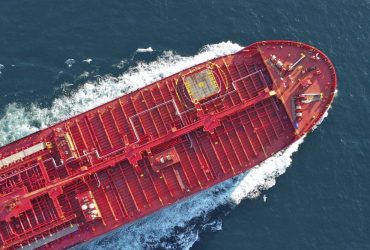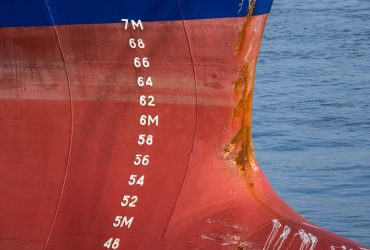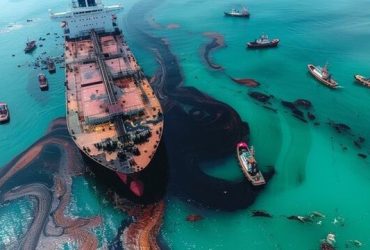In a significant move, the Argentine government has announced the dissolution of the Administracion General de Puertos (AGP), the agency responsible for managing the Paraná River waterway. This decision comes at a crucial time for the nation, as the Paraná Waterway, stretching over 3,400 kilometers, serves as South America’s primary commercial corridor, essential to regional economic activity. Connecting Argentina, Brazil, Uruguay, Paraguay, and Bolivia, the waterway is a vital transport route for agricultural products and goods destined for international markets. Given its immense economic significance, it plays a key role in Argentina’s exports, with 80% of the country’s international trade passing through this critical route.
The timing of the dissolution is particularly sensitive, as the bidding process for the dredging of the Paraná River waterway is currently underway. A key aspect of this process is the regulation outlined in Article 16 of the official guidelines, which excludes “legal entities controlled, directly or indirectly, by sovereign states or state agencies” from participating in the tender. This provision effectively disqualifies companies like Shanghai Dredging Co., a subsidiary of China Communications Construction Company (CCCC), a state-owned giant with close ties to the Chinese government. The exclusion of such companies underscores the political sensitivities surrounding the bidding process, with Argentina aiming to ensure that its strategic interests are not compromised by foreign state-controlled entities.
The dissolution of the AGP will also result in the closure of the Subsecretaries of Ports and Navigable Routes, the government body responsible for overseeing the bidding process for maintaining the waterway. According to the government, this restructuring aims to streamline operations and eliminate overlapping functions between the AGP and the Subsecretaries.
In place of the AGP, the government plans to establish the National Agency of Ports and Navigation (ANPYN) through Decree 3/2025. This independent financial entity will operate under the direct oversight of the Ministry of Economy. This transition is expected to significantly improve the efficiency and coordination of Argentina’s critical ports and waterways.
ANPYN will oversee the modernization and regulation of Argentina’s port system, drive crucial infrastructure investments, reduce logistical costs, and improve the competitiveness of the nation’s foreign trade. The agency will take on the responsibilities and resources of both the AGP and the Subsecretaries of Ports and Navigable Routes.
Key Functions of ANPYN:
- Regulate and Supervise Port Operations: Ensure compliance with laws, regulations, and operational plans across all port activities.
- Drive Modernization and Efficiency: Foster innovation and improve the operational efficiency of Argentina’s national ports.
- Attract Investment: Promote private investment and facilitate public-private partnerships to support port development.
- Coordinate Development Efforts: Collaborate with provincial and municipal authorities to align and advance port infrastructure projects.
- Manage Concessions and Operations: Oversee concessions and activities, with a particular focus on the Port of Buenos Aires.
- Environmental Sustainability: Enforce environmental standards and manage the evaluation of port-related projects to maintain ecological balance.
- Optimize Infrastructure and Logistics: Plan and execute infrastructure projects aimed at reducing logistical costs and enhancing overall supply chain efficiency.




